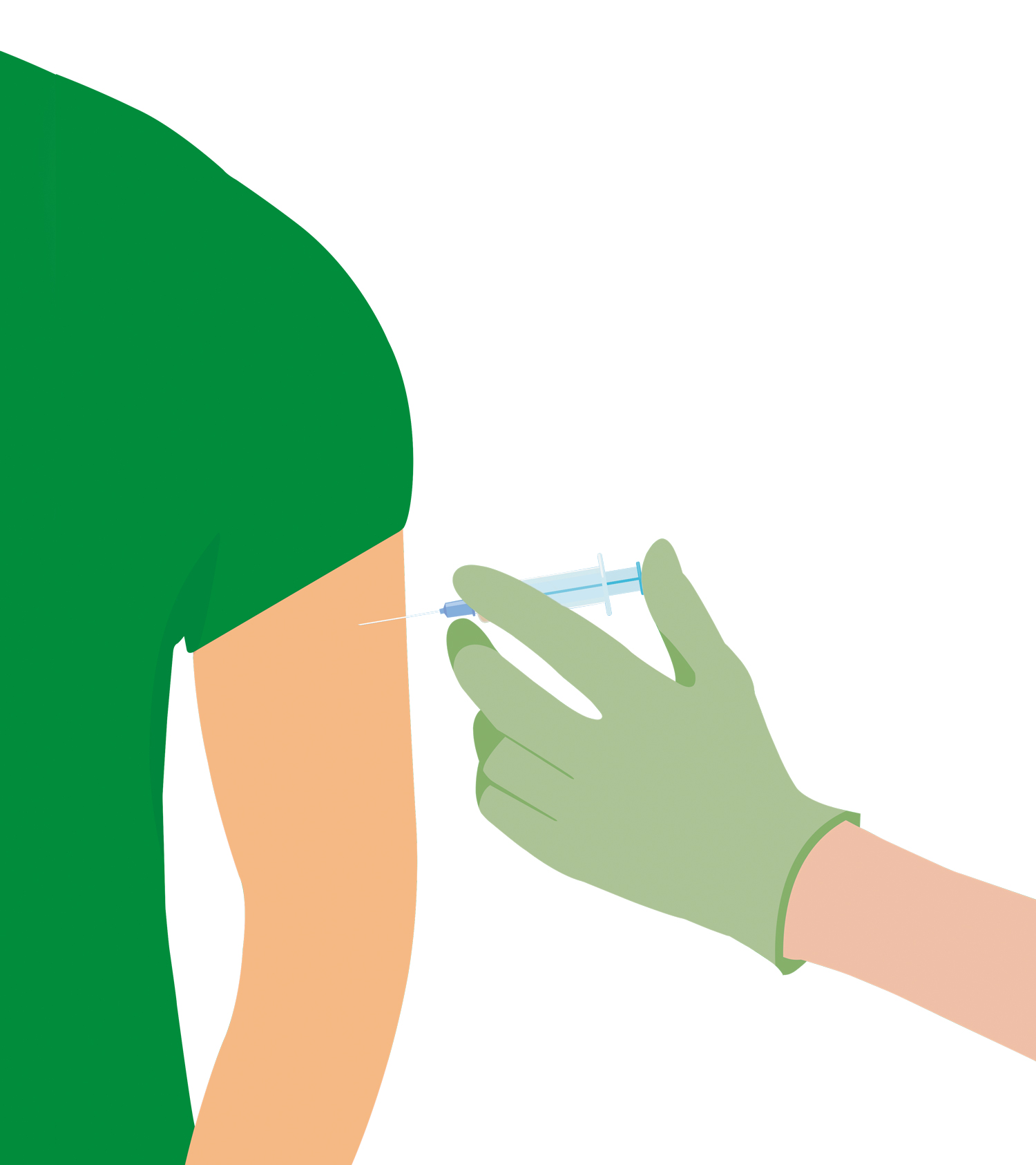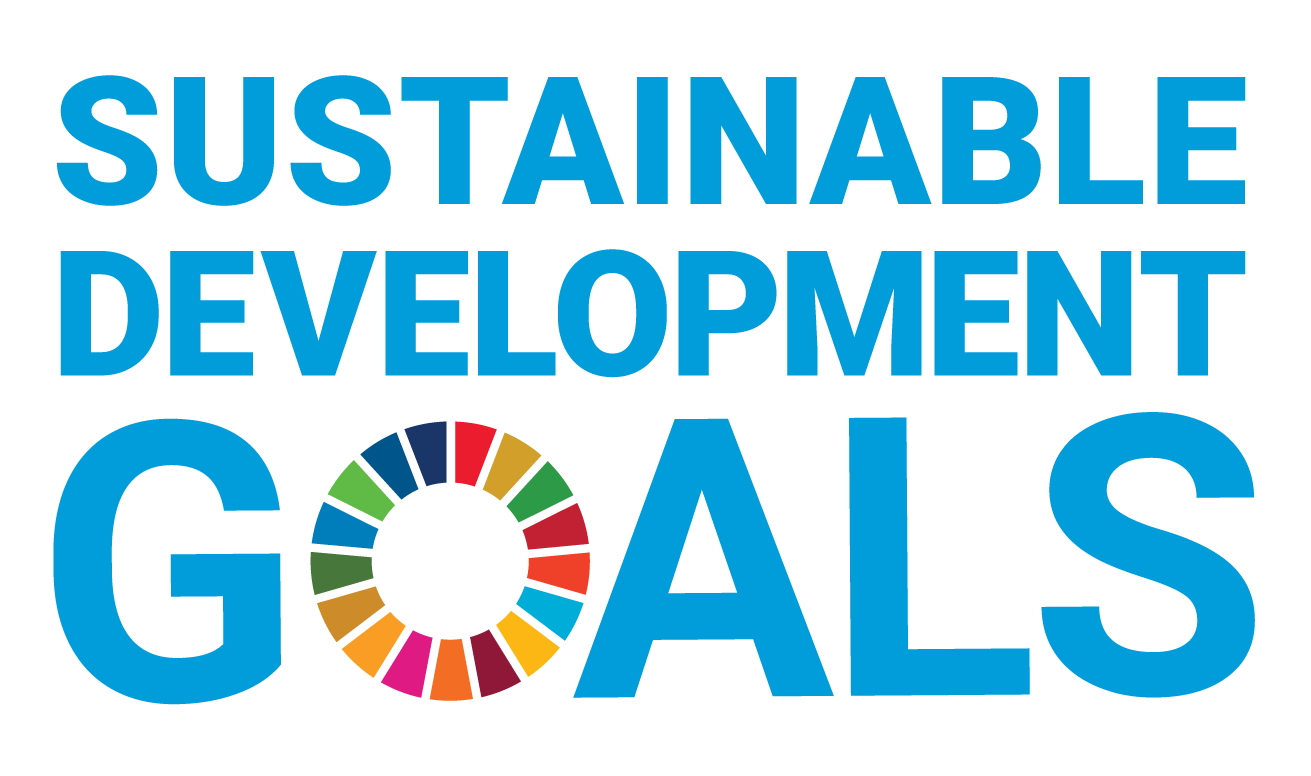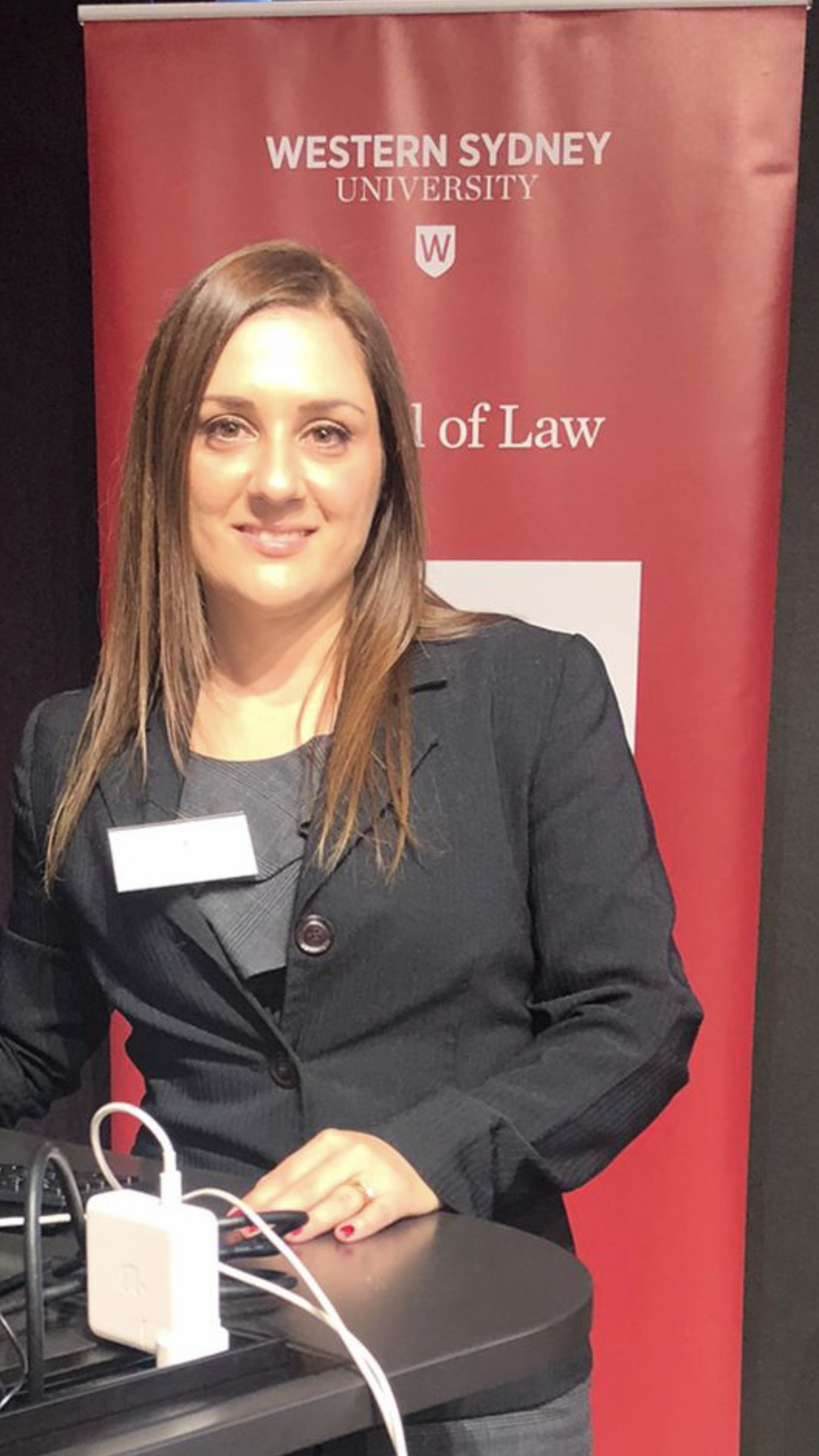You can search for courses, events, people, and anything else.
As COVID-19 rapidly spread around the world, scientists and pharmaceutical companies mobilized to test vaccines and continue to develop new formulations to try to keep pace with the virus’ fast emerging variants.
But, no matter the urgency, clinical trial coordinators must not let ethical treatment of human test subjects slip, senior lecturer, Patrick Foong, and lecturer, Grace Borsellino, from Western Sydney University’s School of Law write in an analysis of Australian COVID clinical trial regulations.
“In the midst of a pandemic, there’s pure desperation to search for a cure or vaccine, and when things are done in a hurry, it can lead to bad science,” Foong says. “We must gain and keep public trust and confidence, especially in times of crisis, so there’s no excuse to lower scientific and ethical standards.”
Their paper, published in Biotechnology Law Report in June, found best-practice recommendations issued by the Australian government “commendable”, but lacking in one aspect — an examination of regulations on human challenge studies was missing. Human challenge studies, also referred to as controlled human infection trials, intentionally expose healthy trial participants to a pathogen to more quickly test vaccine efficacy.
Human challenge studies are legal in Australia and are conducted for diseases such as influenza, but not yet for COVID-19. Foong and Borsellino suggest specific guidance for human challenge studies should be incorporated into the national framework, like that adopted by the UK.
With Western Sydney law colleague, Sonia Allan they also examined lessons learned from unethical clinical trials throughout history. Their paper is a guide to those overseeing studies conducted in humans. “People who sign off on compliance for clinical trials are often not lawyers, but they’re doing legal work,” Borsellino says. “We thought the paper would be good for clinical trial managers so they understand there’s a real legal part to it.”
And it hit its mark: a number of clinical trial managers contacted the Western researchers to say the paper prompted them to consider ethics more deeply and inform future trials.
When COVID-19 hit, Foong and Borsellino realised vaccine trials would be conducted with unprecedented speed, so they set to work again. “The speed at which the vaccines were being produced during COVID-19, via an expedited ethics approval, had the potential to rush processes that historically would take longer,” says Borsellino. “We wanted to highlight the importance of working with urgency while still keeping clinical trial ethics as high priority. We should not be lowering standards when developing vaccines during a crisis.”
Aside from lacking explicit regulations for human challenge studies, the duo found Australian COVID-19 clinical trial guidelines could be a model for other countries. Periodic reminders to meet and maintain high human clinical trial ethical standards will be important for the foreseeable future, Foong says.
“We are not out of the pandemic yet. There’s still a lot of work to do to show safety and effectiveness of new COVID-19 vaccines. And maybe in the next 10 or 20 years, there’ll be another pandemic.
“So these articles are to remind ourselves, no matter how desperate we are, to calm down. We will not lower scientific or ethical standards, as this can be harmful for human participants and breaches international conventions.”
Meet the Academic | Dr Patrick Foong
Dr Patrick Foong is a senior lecturer in the School of Law. His research interest lies in the area of bioethics & health law. He is a member of International Society of Stem Cell Research (ISSCR) and International Society of Cell and Gene Therapy (ISCT). In ISCT, he is also a member in the Australian and New Zealand Legal and Regulatory Affairs Committee. Patrick is also a member of the Low and Negligible Risk (LNR) review committee at Western.
Meet the Academic | Grace Borsellino
Grace Borsellino is an Associate Dean, International and Lecturer in Law in the School of Law at Western Sydney University. She won the 2021 Vice Chancellor’s Teacher of the Year Award and has been an invited speaker and researcher to universities in Taiwan, Hong Kong and Malaysia addressing corporate law and governance, corporate culture, and the regulation of law and technology.
Grace is also a Course Convenor for the School’s Master of Laws Program, the School of Law Disability Coordinator and former Chair of the School’s Equity and Diversity Working Party. Grace convenes and teaches in-country law elective subjects exploring the legal, economic, and cultural aspects of jurisdictions in Taiwan, India, and Vietnam. She has led in the design and creation of two 2021 DVC award winning law and technology subjects ‘Designing Law Apps for Access to Justice’ and ‘Technology, Innovation and The Law’.
Credit
Future-Makers is published for Western Sydney University by Nature Research Custom Media, part of Springer Nature.
© Art4stock/Science Photo Library/Getty
© Hakan Nural/Unsplash
© Mat Napo/Unsplash


.jpg)
.jpg)





